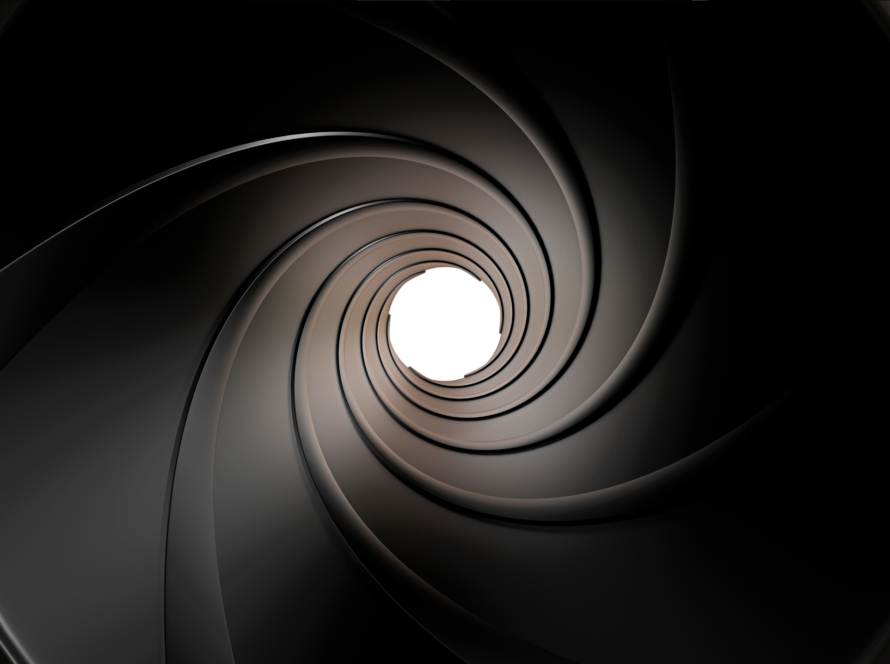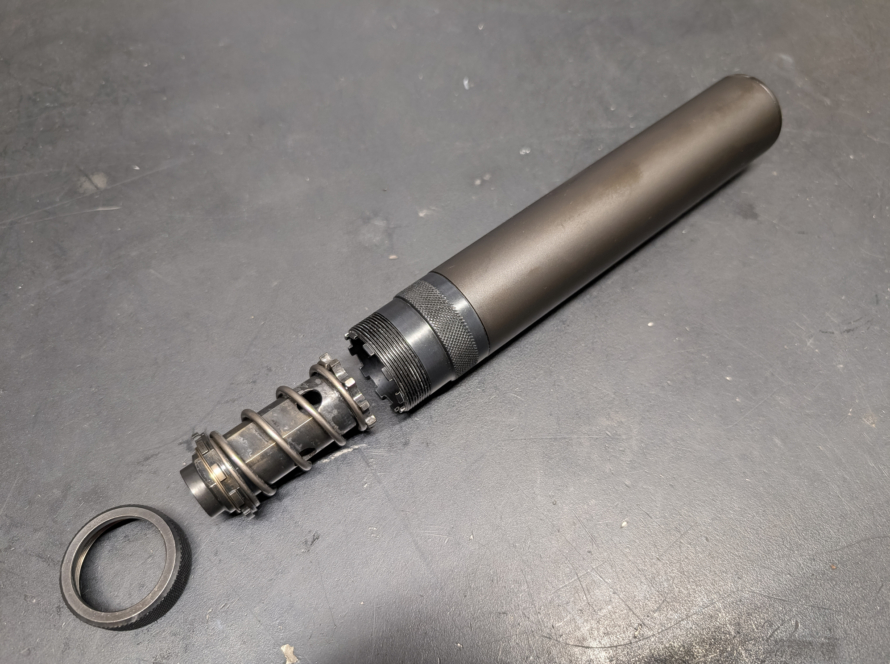Suppressors might be one of the most misunderstood firearm accessories on the market. Between Hollywood myths, online rumors, and misinformation, it’s easy to see why new shooters get confused.
At Downrange Precision Arms, we believe in cutting through the noise — literally and figuratively.
Here’s the truth about common suppressor myths, frequently asked questions, and what to do if something doesn’t feel right.
Myth: Suppressors Make Guns ‘Silent’
Let’s clear this up first — a suppressor doesn’t make your gun “silent.”
It reduces muzzle blast, not the sonic crack created by a supersonic bullet.
Subsonic ammo can eliminate that crack, but even then, it’s not movie-quiet. Think of it more like wearing a good pair of earmuffs built into your muzzle — safer, smoother, and far more comfortable, but never silent.
Myth: Suppressors Are Illegal
Not true — at least not everywhere.
Suppressors are legal to own in most U.S. states if you follow the proper federal and state procedures (like ATF Form 4 and the NFA tax stamp).
The key word is compliance. Follow the rules, and you can legally enjoy the benefits of suppressed shooting.
Always verify your local laws before you buy or travel.
Myth: Suppressors Hurt Accuracy
Quite the opposite — in many cases, a properly mounted, concentric suppressor can actually improve accuracy.
By adding weight at the muzzle and reducing recoil impulse, you’ll often see tighter groups and better shot-to-shot consistency.
However, a misaligned or loose suppressor can harm accuracy — or worse, cause damage. Always inspect your setup before shooting.
Myth: They’re Only for “Tactical” Use
Suppressors benefit everyone: hunters, home defenders, competitors, and recreational shooters alike.
Lower noise and recoil make training more enjoyable and protect hearing — that’s not “tactical,” that’s practical.
Common FAQs from Owners
Q: Do I need special ammo?
A: Not always. Subsonic ammo pairs well with suppressors for lower sound, but most modern cans handle standard loads safely (as rated by the manufacturer).
Q: Can I use one suppressor for multiple firearms?
A: Possibly — if it’s rated for the calibers you plan to shoot. Always check manufacturer guidance before swapping between hosts.
Q: What paperwork do I need to carry?
A: Keep a copy of your ATF Form 4 or proof of registration with you whenever you transport or shoot your suppressor.
Q: What’s the lifespan of a suppressor?
A: With proper use and maintenance, most quality suppressors last tens of thousands of rounds.
Troubleshooting — When Something Feels Off
If you notice:
- Unusual noise or vibration
- A shift in point of impact
- Metal shavings, dents, or discoloration
- Difficulty threading or locking the suppressor
Stop shooting immediately.
Unload the firearm and have the suppressor inspected by the manufacturer or a qualified FFL/SOT gunsmith. Never attempt repairs or modifications yourself.
Bonus: Myth-Busting Quick List
❌ Suppressors are illegal — False
❌ They make your gun silent — False
❌ They reduce accuracy — False
✅ They protect hearing, reduce recoil, and make shooting safer — True
✅ They require paperwork and patience — Also true
Conclusion
Suppressors aren’t mysterious or dangerous — they’re smart, safe tools for responsible shooters. When used legally and maintained properly, they elevate your experience on the range, in the field, or at home.
At Downrange Precision Arms, we take pride in separating fact from fiction — because informed shooters are safer shooters.





